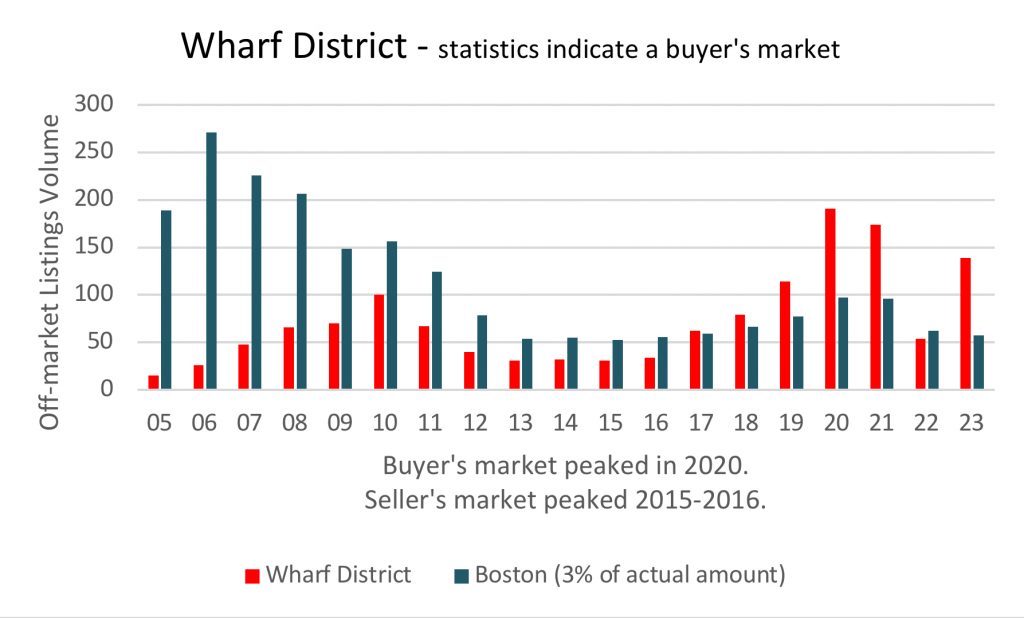wharf - 02109, 02110, 02114
Enjoy Life on the Waterfront
Local Schools & Restaurants — Featured Listings
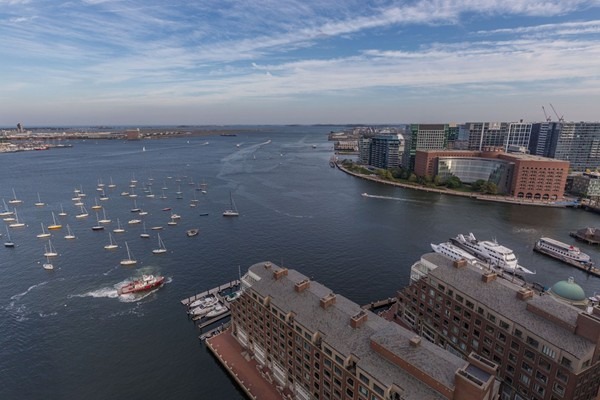
Since Boston is located on the eastern seaboard, there’s a long stretch of oceanfront properties which are locally known as the North Shore, the South Shore, and Boston Harbor. There are other waterfront properties within the city limits along the Charles River. The harbor area includes the neighborhoods of Charlestown, North End, Downtown, and the north end of South Boston. These areas are further subdivided and given the names: Navy Yard, Wharf District, Waterfront District, and Seaport District. The two districts most alike due to their locations closest to Downtown Boston – Wharf District and Waterfront District – are the focus of this page.
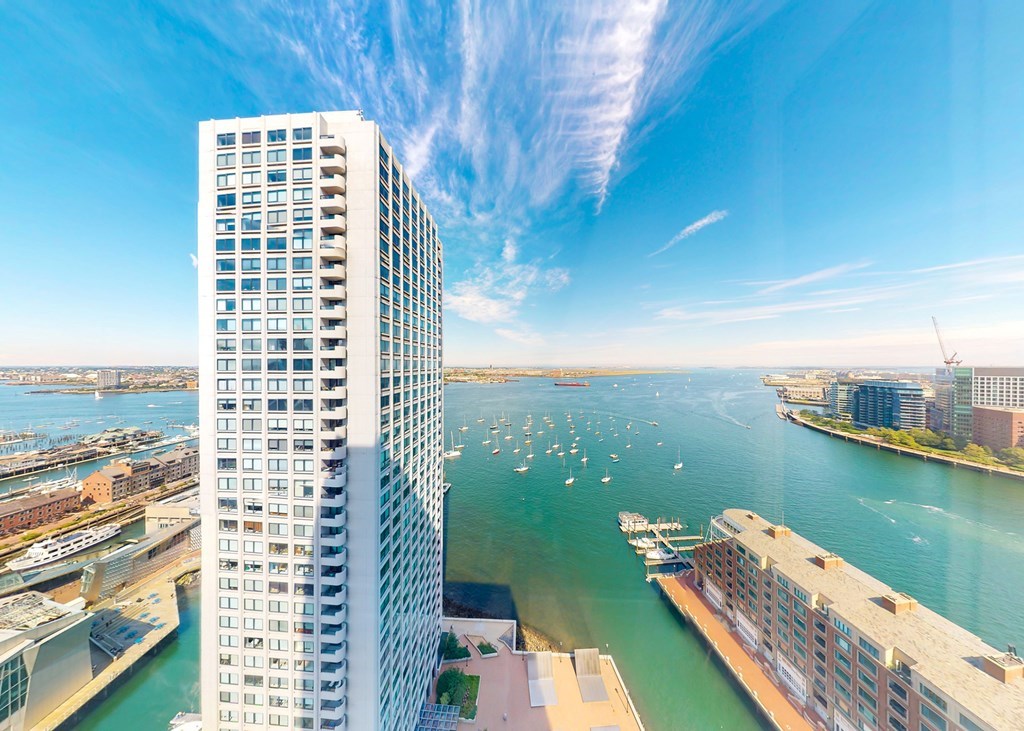
City officials have recently combined these two districts under the name of one neighborhood, the Wharf District. However, everyone just calls the area what it is – the waterfront. When you see the wharves jutting out into the harbor and populated with many high rises, it is understandable why this area should be called the Wharf District. For real estate purposes, waterfront properties are more desirable and have more value for most people and so some realtors incorrectly label properties with water views as waterfront. This page only shows true waterfront properties – those properties on the water side (north side) of Causeway Street east of I-93, which turns into Commercial Street until branching off onto Atlantic Ave on the south.
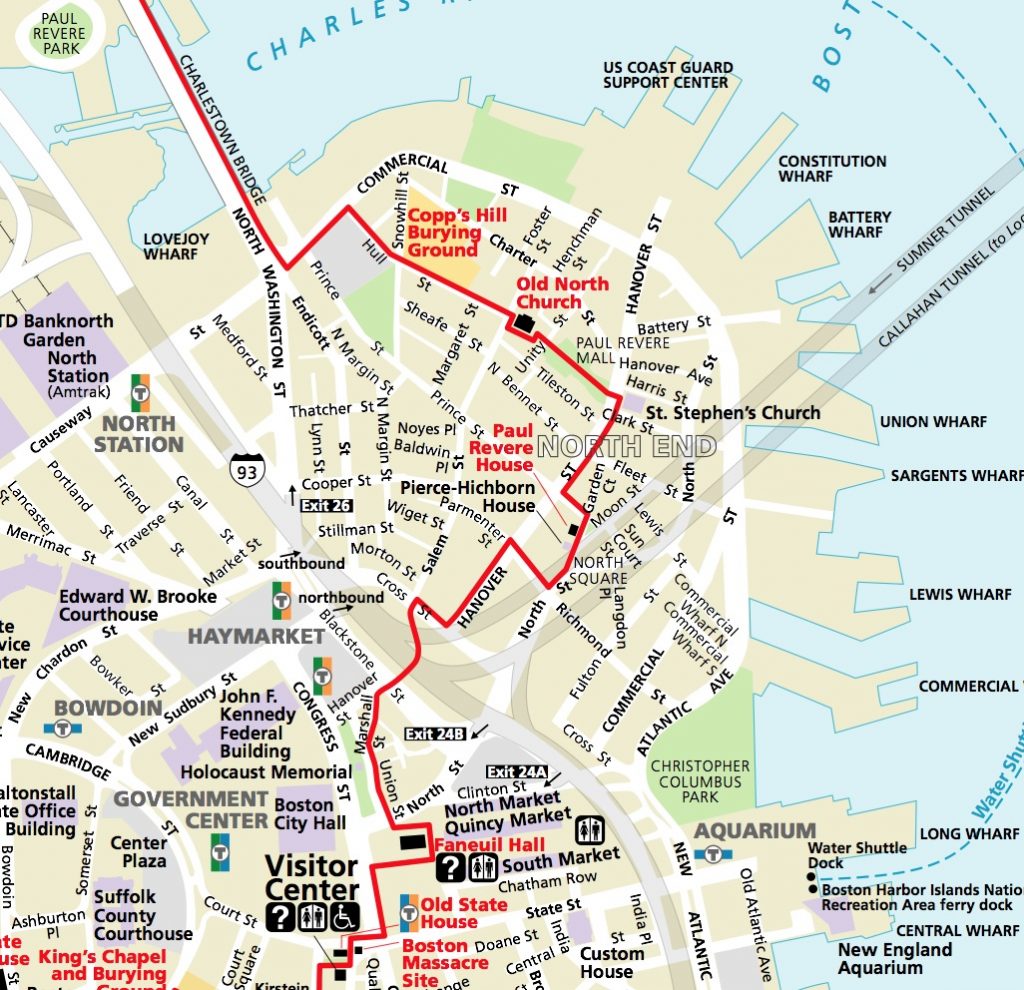
Waterfront housing consists mainly of high-rises and so naturally consists mainly of condominiums. These condominiums might be pied-à-terres, varying sizes of one to three bedroom units, varying sizes of townhomes, and of course, penthouses. The wharves include: Rowes Wharf, India Wharf, Central Wharf, Long Wharf, Commercial Wharf, Lewis Wharf, Burroughs Wharf, Sargents Wharf, Union Wharf, Lincoln Wharf, Constitution Wharf, Battery Wharf, and Lovejoy Wharf.
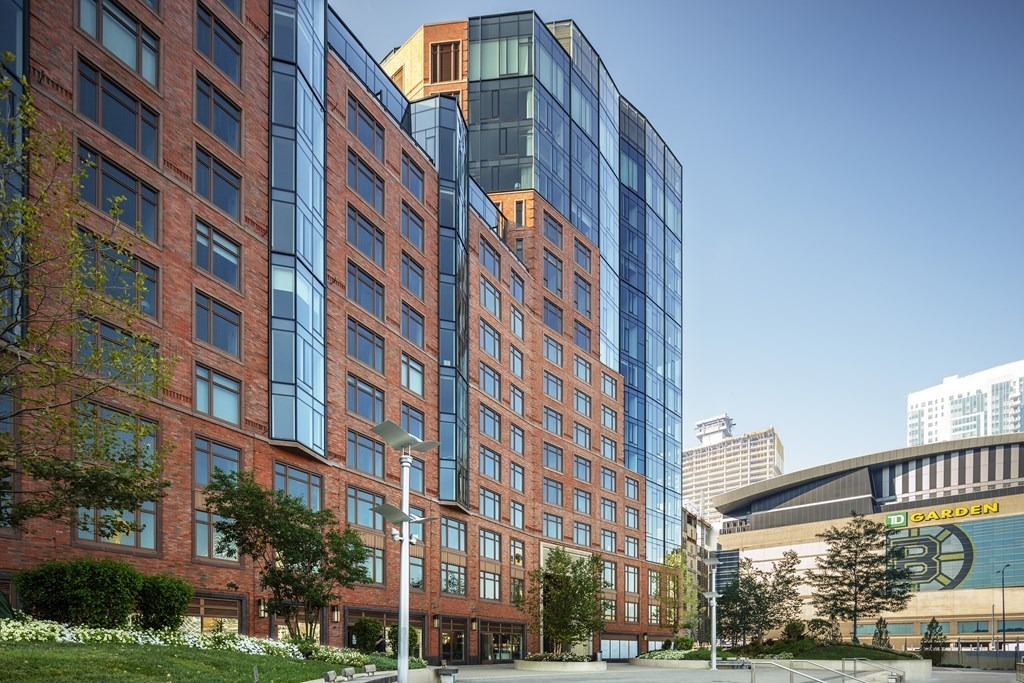
Housing has been running from $500,000 for a modest one bedroom to $4,850,000 for a three bedroom plus study. Rentals can run from $1,300 for a studio to $15,000 for a four bedroom. Obviously, pricing depends upon size, location, and amenities. Real estate sales and pricing are very fluid and can fluctuate in a matter of hours because homes come on and off the market daily… even hourly. What is currently offered for sale is listed below.
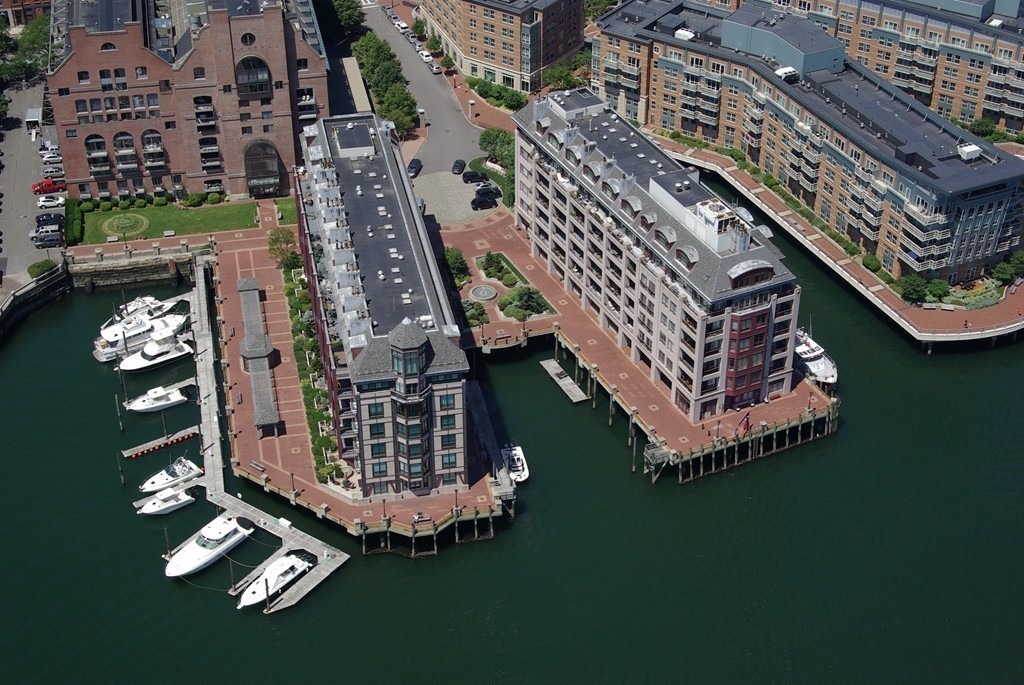
The following chart is a visual representation of the cyclical nature of real estate activity and compares the ups and downs of Wharf District to those of all of the city of Boston. The taller the column the better it is for buyers. The shorter the column the better it is for sellers. Hence 2010 was the best time for a buyer to buy in Wharf District, while 2012-2016 were great years for sellers. However, the graphic below indicates we are in a buyer’s market right now.
Area Schools
Great Schools provides ratings for most schools in the United States. Below, you can see what schools are near the address you are thinking of buying and then compare it to other neighboring schools.

*AR stands for Absorption Rate. An AR of 3 or less indicates more inventory than buyers and is termed a seller’s market. An AR of 6 or more indicates a short supply of buyers to absorb all the inventory and is termed a buyer’s market. Now is a great time for buyers to be able to pick up a deal on the waterfront.
Bookmark this page and check back anytime to see what is currently available in Wharf District. Unlike other search sites which include properties already under contract, this site only shows properties that are truly available. Additionally, you can pick which type of housing – single-family, condo, or multi-family – to see at a glance.


